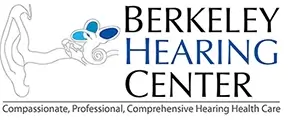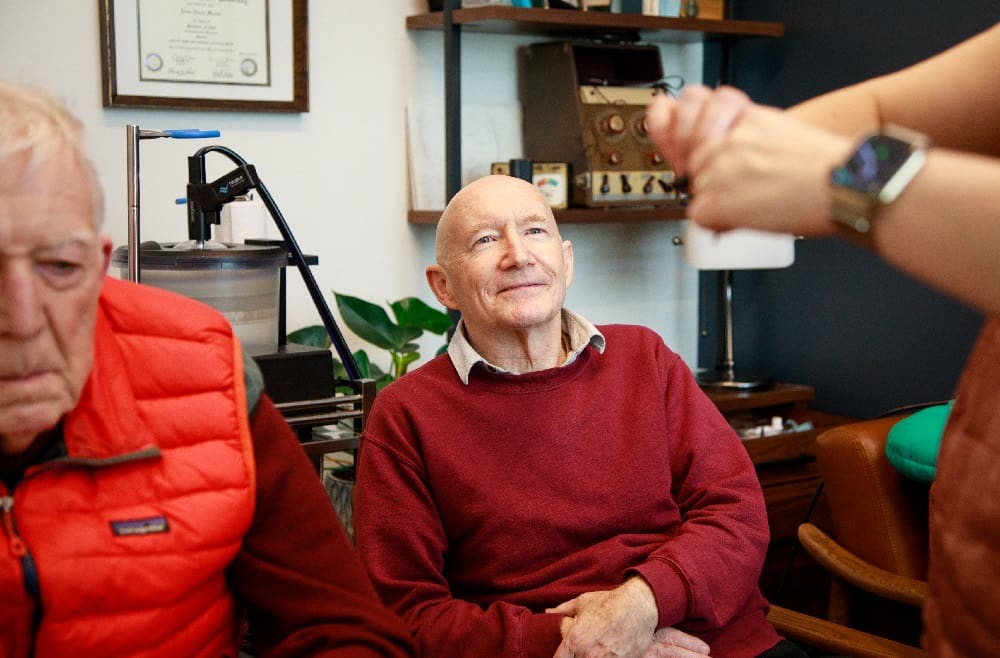2024-07-21
Jonathan Lipschutz Audiologist, M.S., F-AAA, Co-Owner
Audiology checks all of my personality/career/profession/interest boxes. Foremost, it allows me to care for others and make a real difference in their lives. It involves counseling/teaching, cutting edge technology and medicine. I work with my hands & brain without killing my body, and it’s ‘adjacent’ to my love/passion for music. Importantly, it allows me to make an honest & honorable living.
Audiology is more than just private practice and hearing aids–cochlear implants, hearing conservation, research, balance & dizziness, etc.–but private practice is where I belong, checking one very important box for me.
I want autonomy to practice medicine as I think it should be practiced, giving patients the time and attention needed to get the best outcomes. It’s the same reason many physicians are turning to ‘concierge medicine’. Coincidentally, it’s also why we are not contracted with insurance companies and why we work with all of the major hearing aid manufacturers. We don’t want to be told how we can practice, what we can dispense or the amount of time we can spend with our patients.
I was recently talking with one of our young new audiologists, and though I know they also don’t think of it in this way, they used the term “perceived conflict of interest” to describe dispensing hearing aids based on our professional recommendations for patients with hearing loss. Since the only tool for treatment of nerve hearing loss are hearing aids, and it’s critical to begin treatment as early in the loss as possible/feasible, we routinely recommend and dispense hearing aids.
But is there a conflict of interest? Is it any different from an audiologist dispensing hearing aids in a hospital setting? For that matter, is it different from a surgeon recommending surgery or an orthodontist recommending braces? From a moral/ethical standpoint, obviously, there isn’t. We are all healthcare providers, with people investing in our care. Hearing aids are just the primary tool of our care.
Up until 1973, audiologists did not dispense hearing aids, because the powers that be felt that it would ‘taint’ the profession. So the experts in the hearing healthcare field only identified the problem. Fitting hearing aids was left up to “hearing aid dispensers”, with no medical or audiological training & expertise. What could go wrong?! Thankfully, the powers that be came to their senses, and people with hearing loss have been the better for it since.
When people are ‘buying hearing aids’, they’re investing in health care, even with OTC devices (they’re just investing in their own care). Unfortunately, most insurances, (incredibly) Medicare included, don’t cover the treatment of hearing loss (i.e hearing aids). So folks have to pay out-of-pocket. As a healthcare provider, it’s critical that my patients trust that my only considerations are their best interests, and I’m acutely aware of the cost of really good hearing healthcare. As a practice, we’re very proactive about educating & counseling patients so they have the information needed to make informed choices about their care.
We talk about the pros/cons/costs/benefits of the different avenues to ‘get hearing aids’- even OTC, if they’re a candidate. When patients ask us for our help, it’s not a ‘conflict of interest’, it’s continuity of care. Those relationships are the unforeseen great joy of private practice. A box I wasn’t even aware of…check!
In honor of Betty, Annabelle and Al.
Please continue to show you love your community by supporting our local businesses and remembering the humanity of those around you.
https://berkeleyhearing.com/wp-content/uploads/2024/11/Learn-How-Audiology-Makes-a-Difference-in-Lives-Every-Day.jpg
Jonathan Lipschutz Audiologist, M.S., F-AAA, Co-Owner






